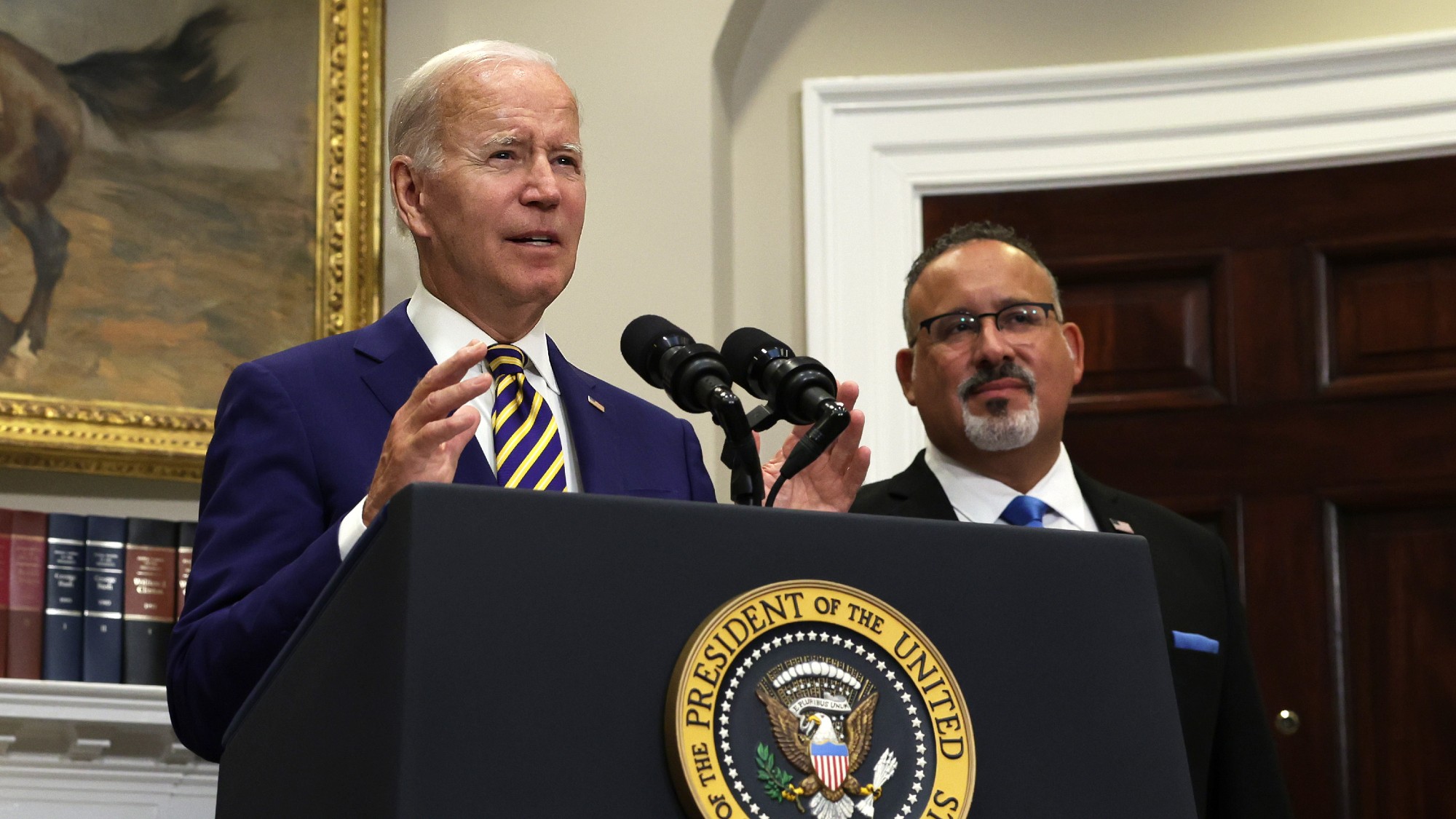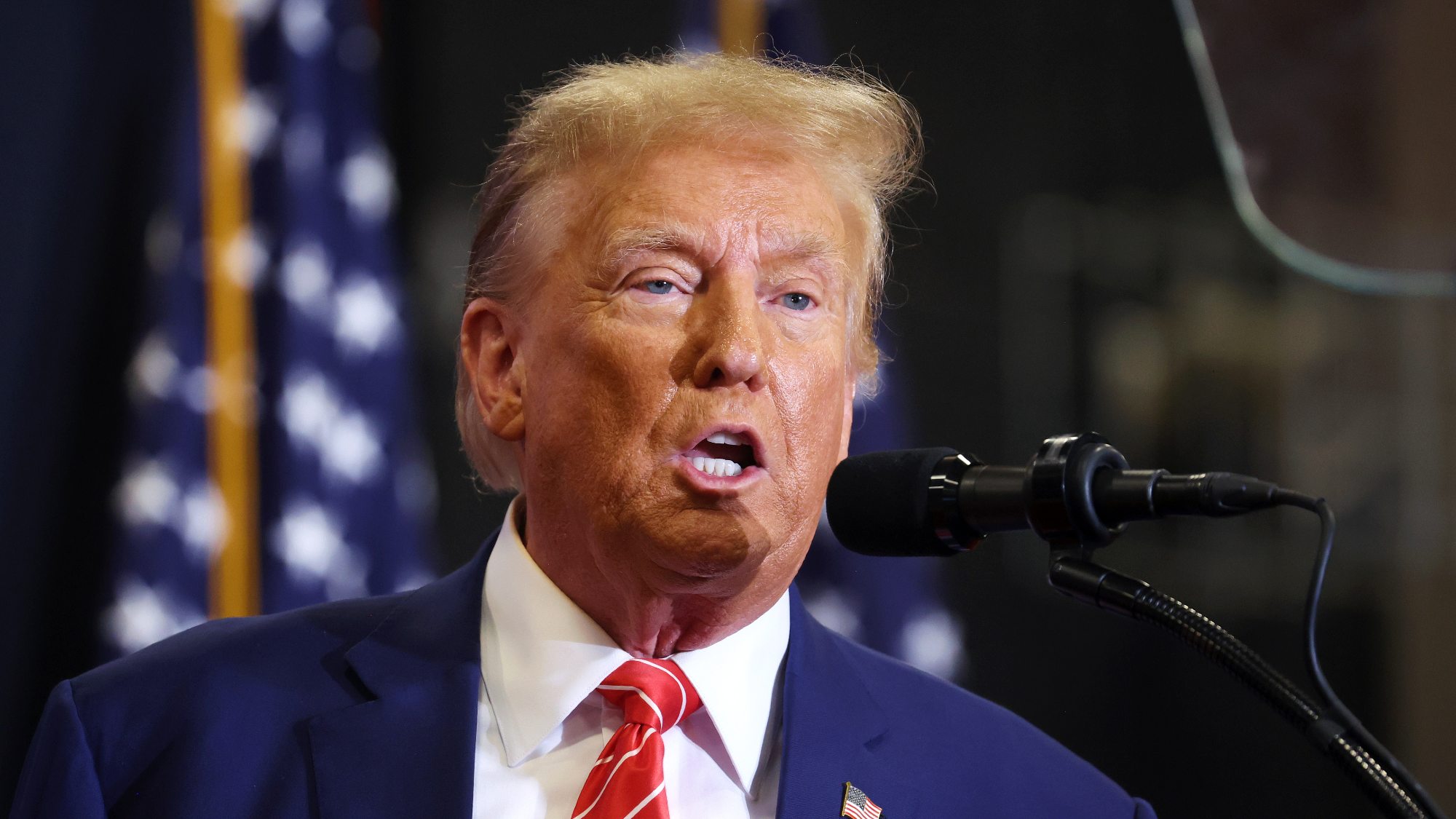TikTok ban update — what it could mean for you and what happens next
It's not illegal yet

Given the House of Representatives voted overwhelmingly to ban TikTok in its current form from the United States, it may feel like the app is on borrowed time.
But there are actually a few hurdles for the legislation to pass before it becomes law — and a few things that could derail it completely. Here’s what’s set to happen next as the U.S. government squares up against TikTok's Chinese owners, ByteDance.
On to the Senate

The next step in a possible ban is a vote in the Senate. And while the House of Representatives passed the bill convincingly by 352 to 65, the 100 members of the Democratically-controlled Senate are harder to predict, with CBS reporting that Senators are seemingly less enthused about the contents of the bill.
On top of that, the Democratic majority leader of the Senate, Chuck Schumer, hasn’t revealed a timeline, leaving some wondering whether it will actually get a vote on the floor.
For his part, President Joe Biden has stated that if the Senate passes the bill, he will sign it into law, however.
…and then TikTok is banned?
Not immediately. If the law were passed, ByteDance would have six months to find a buyer for the app.
If it were to succeed, and the government was happy with its choice of buyer, then the ban would never take effect. Though it’s an open question as to whether the app would be the same with new ownership, if the eerily effective algorithm wasn’t part of said deal.
If no buyer could be found — a not unrealistic proposition, given the high price it would command — then Google and Apple would be forced to remove TikTok from their respective app stores within the United States.
Get instant access to breaking news, the hottest reviews, great deals and helpful tips.
Even then, it’s not clear if the government would try and forcibly remove the app from smartphones where it was already installed. But even if this isn’t part of the plan, without updates TikTok might gradually become less appealing as time goes by.
Outside factors

But there are ways that this could all be derailed before we get that far along the road.
For one thing, Republican Presidential nominee Donald Trump has reversed his original support of a ban, arguing it gives Facebook and Instagram owners Meta too much power. Republican Senators may follow his current belief, rather than his former one.
And then there are potential legal blocks to contend with. There are some questions over whether the bill violates the part of the Constitution that blocks Congress from targeting specific entities, for example.
More seriously, there are big questions about the banning of an app on First Amendment grounds. ByteDance isn’t short of money to fund a lengthy legal battle, and it’s entirely possible that a judge could throw out the legislation before it takes effect.
More from Tom's Guide
- TikTok faces ban — here's 3 ways it can survive
- TikTok ban explained — everything you need to know
- I just tried the new Apple Vision Pro TikTok app
Freelance contributor Alan has been writing about tech for over a decade, covering phones, drones and everything in between. Previously Deputy Editor of tech site Alphr, his words are found all over the web and in the occasional magazine too. When not weighing up the pros and cons of the latest smartwatch, you'll probably find him tackling his ever-growing games backlog. He also handles all the Wordle coverage on Tom's Guide and has been playing the addictive NYT game for the last several years in an effort to keep his streak forever intact.
 Club Benefits
Club Benefits






